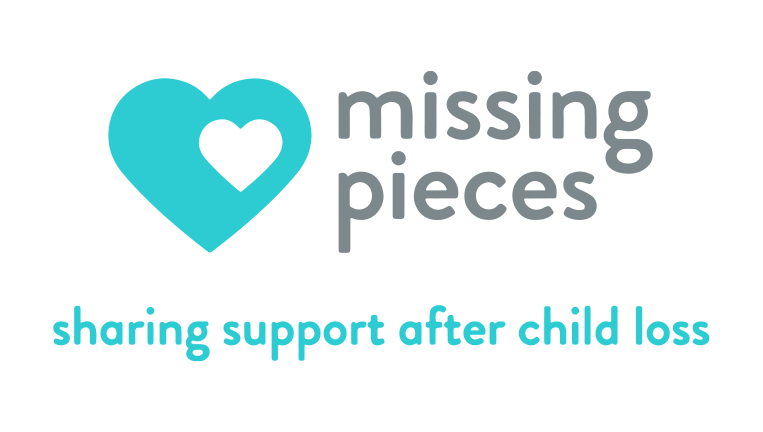
Homicide
Homicide is devastating for families and friends of the person who was murdered. The grief process will not be the same as it might be for someone who died in another way. The violent, unexpected death of your child is one of the most traumatic experiences a person can face, and it prompts a wide range of emotional reactions. The community that the victim was part of is also affected.
You may feel overcome with disbelief, anger, and sadness with an intensity never experienced before, or you may feel emotionally numb. It is normal for adults and children to experience such intense feelings in the days and weeks following a homicide, and then periodically over time. Survivors are at risk of developing post traumatic stress disorder (PTSD) and other problems, where extreme anxiety, fear, and sadness or nightmares and intrusive thoughts remain constant for weeks or months. Additional support and counseling can be helpful in managing these overwhelming emotions.
-
Many families find it helpful to contact a victim assistance professional or a victim advocate as soon as possible after the death. These professionals can help connect you to the investigators working on the case, provide information about crime victims’ compensation and other victims’ rights, and explain what to expect during various stages of the criminal justice process.
Many survivors report that attending a homicide support group has helped them realize that they are not alone and that others have experienced similar tragedies and survived.
It may be helpful to speak one-on-one with a counselor or therapist who understands the trauma and complicated bereavement that follows a homicide. Many adults and children benefit from individual counseling, particularly if overwhelming feelings persist over a long period of time.
Resources
Local Resources
| Chicago Survivors | Chicago | (877) 863-6338 |
| Family Trauma Advocacy Program ftaprogram@comcast.net | Joliet | (779) 379-5858 |
| Homicide Survivors Support Group/Cook Co. States Attorney Office | Chicago, Markham | (773) 674-7200 |
| Parents of Murdered Children | Evergreen Park, IL | (708) 720-6104 / (513) 721-5683 |






